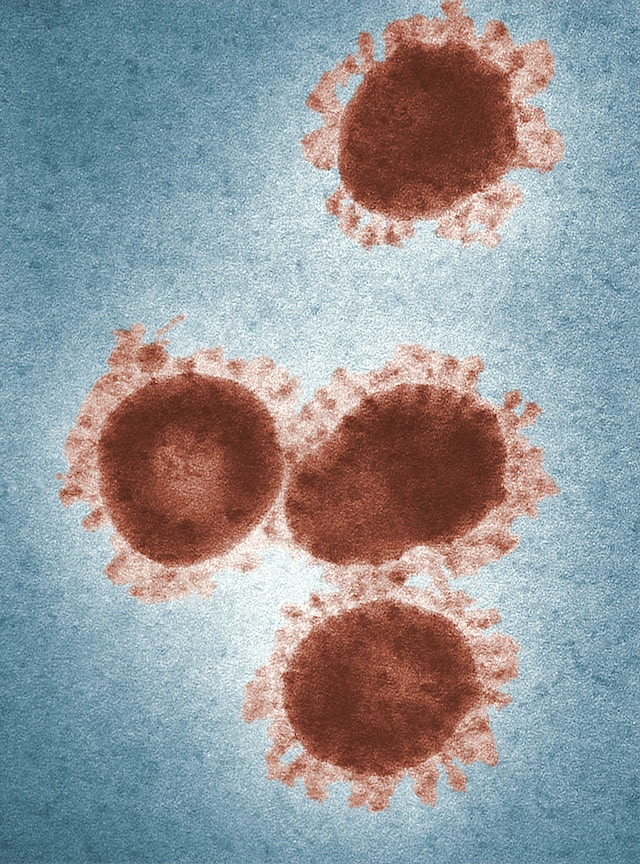In a significant development for global health, the World Health Organization (WHO) has made a groundbreaking decision regarding Mpox, the viral infection that has long been a concern for communities worldwide. The decision carries implications for public health strategies, vaccination programs, and international collaboration. Understanding the context and impact of this decision is essential to grasp its significance and the future direction of Mpox control efforts.
On [Insert Date], the WHO officially announced that Mpox is no longer considered a global health crisis. This decision comes after a thorough assessment of the disease burden, vaccination coverage, surveillance data, and progress made in controlling Mpox. While the declaration may come as a relief to many, it is important to examine the reasons behind this determination and the implications it holds for global health.
One of the primary factors contributing to the WHO’s decision is the substantial reduction in Mpox cases worldwide. Through sustained efforts in vaccination campaigns and improved healthcare infrastructure, many countries have achieved high immunization coverage, resulting in a decline in Mpox incidence. This decline is a testament to the effectiveness of vaccination in preventing the spread of infectious diseases.
Dr. Sarah Thompson, a leading epidemiologist and member of the WHO’s Mpox task force, emphasized the impact of vaccination programs. “High vaccine coverage has played a pivotal role in controlling Mpox globally. It not only protects individuals but also helps create herd immunity, reducing the overall transmission of the virus within communities.”
The decision also reflects the improvement in surveillance and reporting systems, allowing for a more accurate assessment of Mpox cases and trends. Enhanced surveillance has enabled health authorities to identify and respond promptly to Mpox outbreaks, minimizing their impact and preventing the further spread of the virus. This strengthened surveillance capacity is a crucial tool in global health security and disease control efforts.
While the WHO’s decision signifies a positive milestone, it does not imply that the threat of Mpox has been completely eradicated. The declaration highlights the progress made and encourages continued efforts to maintain control over Mpox. It serves as a reminder that vigilance, sustained vaccination efforts, and strong public health infrastructure are essential to prevent potential resurgences and to ensure the protection of vulnerable populations.
Furthermore, the WHO’s decision on Mpox has implications beyond this particular virus. It sends a powerful message about the effectiveness of global health initiatives and the importance of sustained investment in preventive measures. It reinforces the notion that through collaboration, vaccination campaigns, and robust surveillance, other infectious diseases can also be controlled and their impact minimized.
Dr. Maria Rodriguez, an infectious disease specialist, commented on the broader significance of the decision. “The success in combating Mpox should serve as inspiration for tackling other infectious diseases. It demonstrates that with strong leadership, political will, and international cooperation, we can achieve remarkable progress in protecting global health.”
The WHO’s decision on Mpox also emphasizes the need for continued research and development of vaccines, as well as addressing the challenges associated with vaccine hesitancy. It underscores the importance of effective communication, education, and trust-building to counter misinformation and ensure high immunization coverage.
As the world celebrates this milestone, it is important to acknowledge the ongoing global health challenges. Antimicrobial resistance, emerging infectious diseases, and other public health threats demand sustained attention and resources. The lessons learned from the successful control of Mpox can serve as a blueprint for future disease control efforts and remind us of the collective responsibility to protect global health.
In conclusion, the WHO’s decision on Mpox marks a significant turning point in global health. It reflects the effectiveness of vaccination campaigns, improved surveillance, and international collaboration in controlling infectious diseases. While Mpox is no longer considered a global health crisis, the declaration serves as a reminder of the ongoing need for
vigilance, investment in public health infrastructure, and continued research to address evolving health challenges. By building on the success achieved in Mpox control, we can strive for a healthier and more resilient world.











